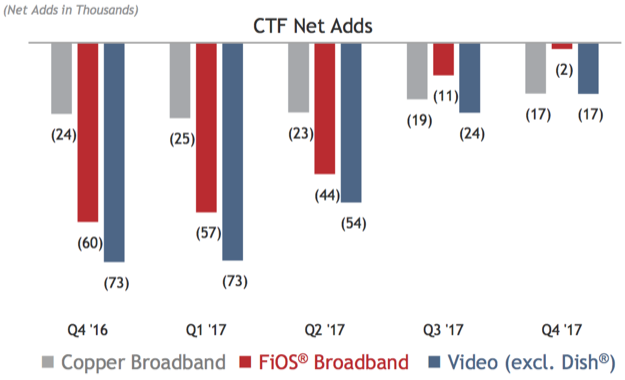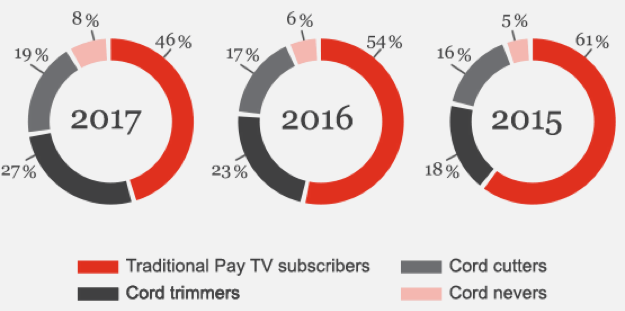Frontier CEO leaves the door open to a California exit
Frontier Communications had a rough day yesterday, following the release of its fourth quarter 2017 results and the announcement that is would no longer be paying dividends to shareholders. Instead, it will direct that money toward paying down its substantial debt.
The company’s share price dropped about 24% on the day, continuing a slide that’s seen it lose more than 80% of its value over the past year. In a conference call with analysts, president and CEO Dan McCarthy was asked about rumors that Frontier was trying to sell off the wireline systems it acquired from Verizon two years ago in California, Texas and Florida – what it calls its “CTF” market.… More





![By by Aaron Logan (from http://www.lightmatter.net/gallery/albums.php) [CC BY 1.0 (http://creativecommons.org/licenses/by/1.0)], via Wikimedia Commons](https://www.tellusventure.com/images/2018/2/lab_mice.jpg)

![By Chris Potter (Flickr: 3D Judges Gavel) [CC BY 2.0 (https://creativecommons.org/licenses/by/2.0)], via Wikimedia Commons](https://www.tellusventure.com/images/2016/8/gavel.jpg)


![By 401(K) 2012 [CC BY-SA 2.0 (https://creativecommons.org/licenses/by-sa/2.0)], via Wikimedia Commons](https://www.tellusventure.com/images/2017/5/piggy_bank.jpg)